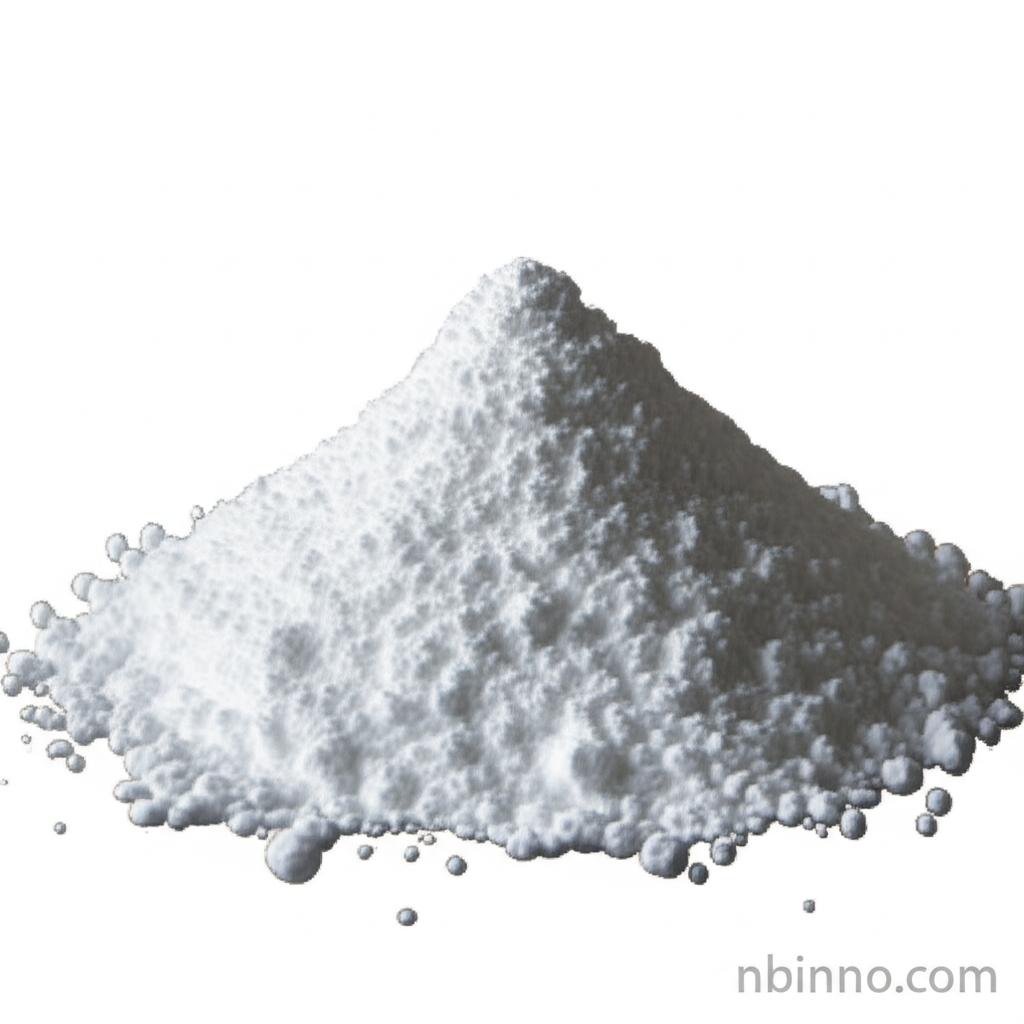High-Performance Polyacrylamide for Efficient Water Treatment and Industrial Applications
Unlock superior water quality and enhanced industrial processes with our advanced polyacrylamide solutions.
Get a Quote & SampleProduct Core Value

Polyacrylamide
Polyacrylamide (PAM) is a highly versatile water-soluble polymer renowned for its exceptional flocculation, thickening, and water-retaining capabilities. Its unique molecular structure allows it to effectively bridge and aggregate suspended particles, making it an indispensable additive across a wide spectrum of industrial processes, from environmental protection to advanced material science.
- Discover the efficacy of polyacrylamide for water treatment, crucial for ensuring clean and safe water supplies in municipal and industrial settings.
- Explore the benefits of sludge dewatering with polyacrylamide, a process vital for reducing waste volume and disposal costs.
- Learn how soil conditioning with polyacrylamide can improve soil structure, reduce erosion, and enhance water retention in agricultural and construction applications.
- Understand the critical role of polyacrylamide in the paper industry, where it acts as a retention and drainage aid, improving paper quality and production efficiency.
Key Advantages Offered
Enhanced Flocculation Efficiency
Leverage the power of anionic polyacrylamide uses for superior particle aggregation, leading to clearer water and more efficient solid-liquid separation in wastewater treatment.
Improved Soil Stability
Utilize soil conditioning polyacrylamide to create robust soil structures, minimize sediment runoff, and improve water infiltration, particularly beneficial in construction and agricultural settings.
Cost-Effective Performance
Benefit from the low dosage requirements and high efficacy of PAM, making it a cost-effective solution for various industrial needs, including industrial applications of polyacrylamide.
Key Applications
Water Treatment
As a primary flocculant and coagulant, PAM is essential for removing suspended solids, turbidity, and organic matter from municipal and industrial wastewater, ensuring compliance with environmental standards.
Agriculture
Applied as a soil conditioner, PAM enhances soil aggregation, reduces erosion, and improves water infiltration and retention, thereby boosting crop yield and reducing water usage.
Papermaking
In the paper industry, PAM acts as a retention and drainage aid, improving fiber and filler retention, enhancing paper strength, and optimizing the papermaking process.
Oil and Gas
PAM derivatives are used in enhanced oil recovery (EOR) and as friction reducers in hydraulic fracturing, improving extraction efficiency and operational performance.
